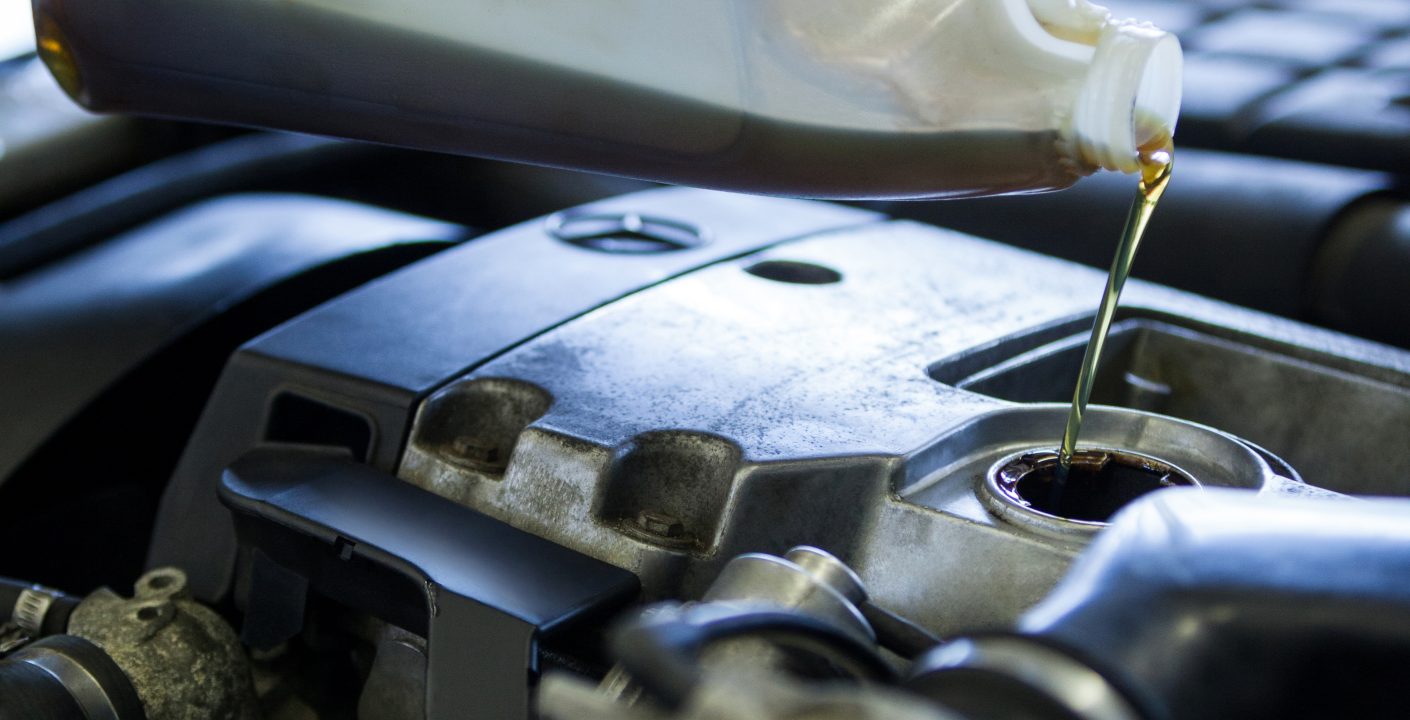Motor oil is one of the most critical components of any vehicle’s engine, as it lubricates, cools, and protects the engine’s moving parts. However, oil doesn’t last forever; over time, it breaks down, becomes contaminated, and loses its effectiveness. Oil degradation can lead to reduced performance, excessive wear, and, ultimately, engine damage if not addressed. Understanding the causes of oil degradation can help you extend the life of your engine oil and, by extension, your vehicle.
1. High Engine Temperatures
Engines generate a substantial amount of heat, especially when operating at high speeds or in extreme weather conditions. This heat accelerates the oxidation process in motor oil, causing it to break down faster. When oil degrades due to high temperatures, it becomes thicker, loses its lubricating properties, and can leave sludge deposits inside the engine.
Preventive Tip: Avoid excessive idling, and don’t push your engine too hard in extreme temperatures. This is because extreme weather, whether cold or hot weather affects the car engine. Regularly changing your oil, especially if you drive under severe conditions, can also reduce oxidation-related degradation.
2. Contaminants
Contaminants like dust, dirt, moisture, and combustion by-products inevitably make their way into your engine oil. These contaminants cause oil to become gritty, affecting its ability to lubricate effectively. Dust and dirt, in particular, can lead to abrasive wear within the engine. Water contamination, whether from condensation or coolant leaks, can also lead to oil degradation, forming sludge or a milky, less effective lubricant.
Preventive Tip: Regularly inspect your air filter and replace it as necessary to keep dirt out. Also, have your cooling system checked to prevent coolant from leaking into the engine oil.
3. Oxidation
Oxidation is a chemical reaction that occurs when motor oil is exposed to oxygen at high temperatures. Over time, this reaction leads to the formation of acids, sludge, and varnish, causing oil to thicken and lose its protective qualities. Oxidation is especially prevalent in older engines or vehicles that frequently operate in stop-and-go conditions, which prevent the oil from fully circulating and cooling down.
Preventive Tip: Stick to a regular oil change schedule, as fresh oil contains antioxidants that help slow down oxidation. Using high-quality synthetic oils can also help, as they are more resistant to oxidation.
4. Extended Oil Change Intervals
Modern synthetic oils can last longer than conventional oils, but every oil has its limit. Extended oil change intervals can lead to oil that is saturated with contaminants, oxidized, or unable to maintain its viscosity. Additionally, many drivers overlook or delay oil changes, thinking it’s okay to stretch the interval, but doing so can result in degraded oil circulating through the engine.
Preventive Tip: Follow the oil change interval recommended by your vehicle manufacturer, as these are based on extensive testing and will help ensure optimal engine protection. Regularly check the oil level and quality between changes, especially if you drive in demanding conditions.
5. Frequent Short Trips
If you often drive short distances, especially in cold weather, your engine oil may not reach the temperature needed to burn off moisture and other contaminants. Over time, this leads to oil dilution and increased viscosity, which can affect lubrication. This is particularly common for city drivers who rarely drive long enough for the engine to fully warm up.
Preventive Tip: Take your vehicle for a longer drive occasionally to allow the engine oil to reach its optimal operating temperature, helping burn off excess moisture and contaminants.
6. Fuel Dilution
Fuel dilution occurs when unburned fuel enters the engine oil, which can happen due to incomplete combustion, frequent short trips, or cold-start conditions. Diluted oil loses its viscosity, reducing its ability to protect engine components and increasing the risk of wear. Fuel dilution also contributes to the formation of sludge and varnish in the engine.
Preventive Tip: Regularly maintain your engine’s fuel and ignition systems to ensure efficient combustion. Avoid excessive idling and try to reach full operating temperature whenever possible.
7. Overloading and Towing
When you overload your vehicle or tow heavy loads, the engine has to work harder, generating additional heat and stress on the motor oil. This accelerates degradation, as higher engine temperatures and loads cause oil to oxidize and break down faster.
Preventive Tip: Use an oil with a higher viscosity if you frequently tow or carry heavy loads, as these oils tend to handle high-stress conditions better. Always check your vehicle’s towing capacity and avoid overloading to reduce strain on your engine.
8. Poor-Quality Oil
Using low-quality or counterfeit motor oil can significantly accelerate degradation. Poor-quality oils lack essential additives that help reduce oxidation, prevent sludge, and maintain viscosity. Without these additives, the oil’s lifespan and effectiveness are greatly reduced, making your engine more vulnerable to wear and tear.
Preventive Tip: Always use high-quality, manufacturer-recommended motor oil. Avoid buying oil from unverified sources, as counterfeit products can harm your engine.
Understanding the causes of oil degradation can help you take preventive steps to protect your engine and extend the life of your oil. Regular oil changes, proper engine maintenance, and using high-quality oil are essential practices for keeping your engine running smoothly. By taking these steps, you can avoid costly repairs, improve fuel efficiency, and ensure your engine’s longevity.
Image Credit: Image by peoplecreations on Freepik



